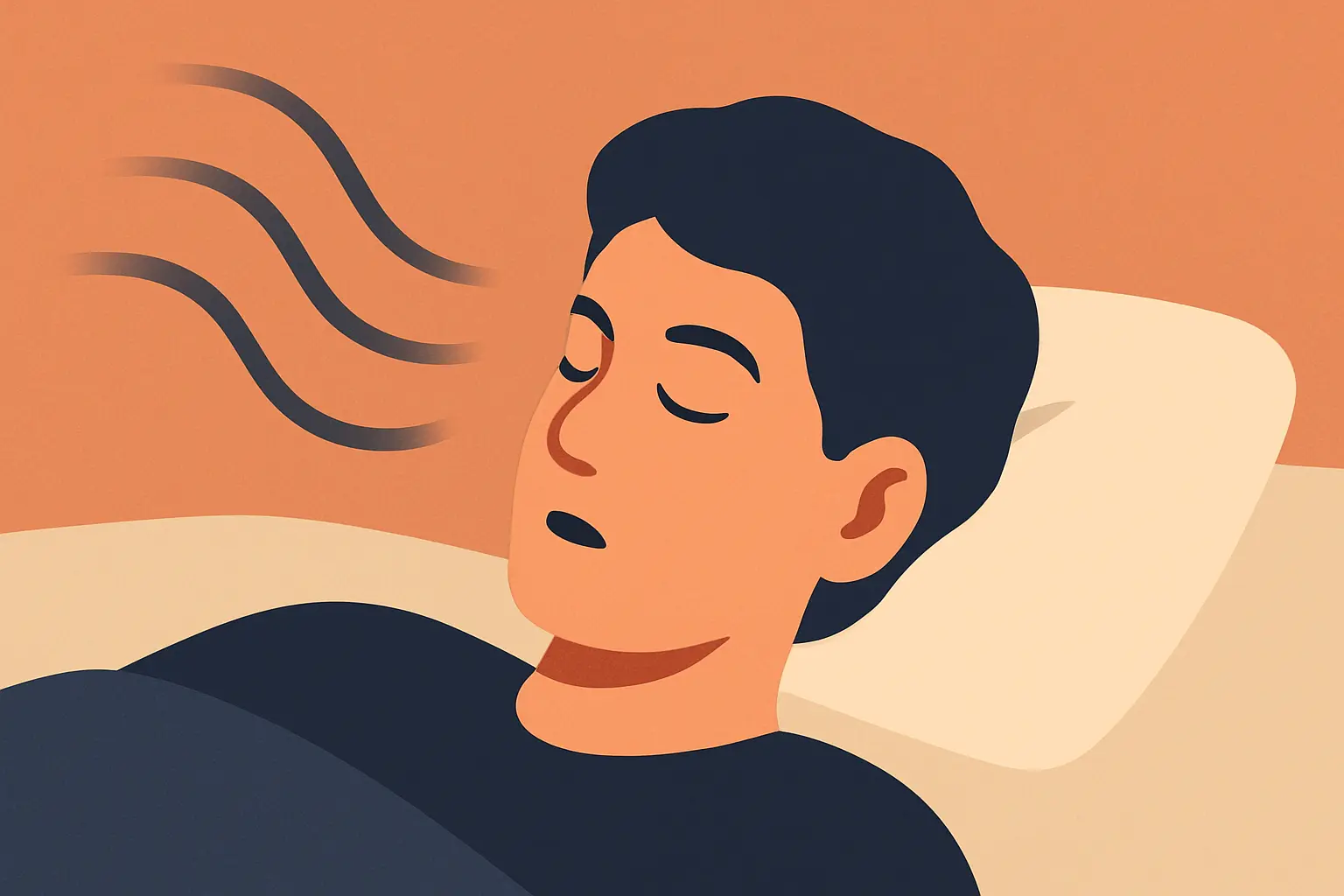Digital Age Insomnia — How Screens Are Stealing Your Sleep
You check your phone one last time before bed — notifications, social media, emails. Before you know it, it’s past midnight. The digital world may be keeping you connected, but it’s also quietly sabotaging your sleep. Digital age insomnia is becoming increasingly common as screens, lights, and constant alerts disrupt our natural rhythms.
How Screens Impact Sleep
The culprit is mainly blue light, emitted by phones, tablets, and laptops. Blue light suppresses melatonin, the hormone responsible for signaling your body that it’s time to sleep. Combined with mental stimulation, it can:
- Delay sleep onset, making it harder to fall asleep
- Reduce deep and REM sleep, critical for cognitive and physical restoration
- Increase nighttime awakenings, leaving you groggy in the morning
Even small amounts of evening screen exposure can accumulate over time, contributing to chronic insomnia.
Practical Strategies to Fight Digital Sleep Disruption
You don’t need to abandon technology completely. Instead, adopt these sleep hygiene tips and lifestyle adjustments:
-
Establish a digital curfew.
Power down screens 60–90 minutes before bed. Swap scrolling for reading, meditation, or journaling. -
Use blue light filters.
Night mode or blue light glasses in the evening can help reduce melatonin suppression. -
Create a restful environment.
Keep your bedroom cool, dark, and quiet. White noise machines or fans can mask ambient sounds. -
Maintain consistent sleep times.
A regular schedule supports circadian rhythm reset, helping your body anticipate sleep naturally. -
Track your sleep quality.
Smart apps like SnailSleep monitor sleep cycles, detect micro-awakenings, and provide personalized insights to adjust habits effectively.
Lifestyle Adjustments Beyond Screens
Other daily habits significantly affect sleep:
- Exercise: Morning or afternoon workouts help regulate hormones and tire the body naturally.
- Avoid late caffeine or heavy meals: Both can interfere with falling asleep and maintaining deep sleep stages.
- Mindfulness and relaxation techniques: Meditation, deep breathing, or gentle stretching before bed reduces stress and lowers nighttime cortisol.
Real-Life Example: Tom’s Digital Detox
Tom, a 31-year-old marketing manager, struggled with insomnia caused by late-night work and social media. By implementing a nightly 90-minute screen-free routine, using a blue light filter, and tracking sleep via an app, he noticed falling asleep became easier and his morning energy improved significantly. Sleep logs showed longer REM and deep sleep stages, confirming real improvement.
When to Seek Help
If insomnia persists despite lifestyle changes — waking multiple times at night, feeling chronically fatigued, or experiencing mood changes — consider consulting a sleep specialist. Digital habits can often be corrected, but underlying conditions like sleep apnea or anxiety may require professional intervention.
Related Articles
- Why Light Pollution Is Stealing Your Sleep (and How to Fight Back)
- How Stress Sabotages Your Sleep — And What You Can Do About It
- Tracking Your Sleep with Technology: A Step-by-Step Guide

